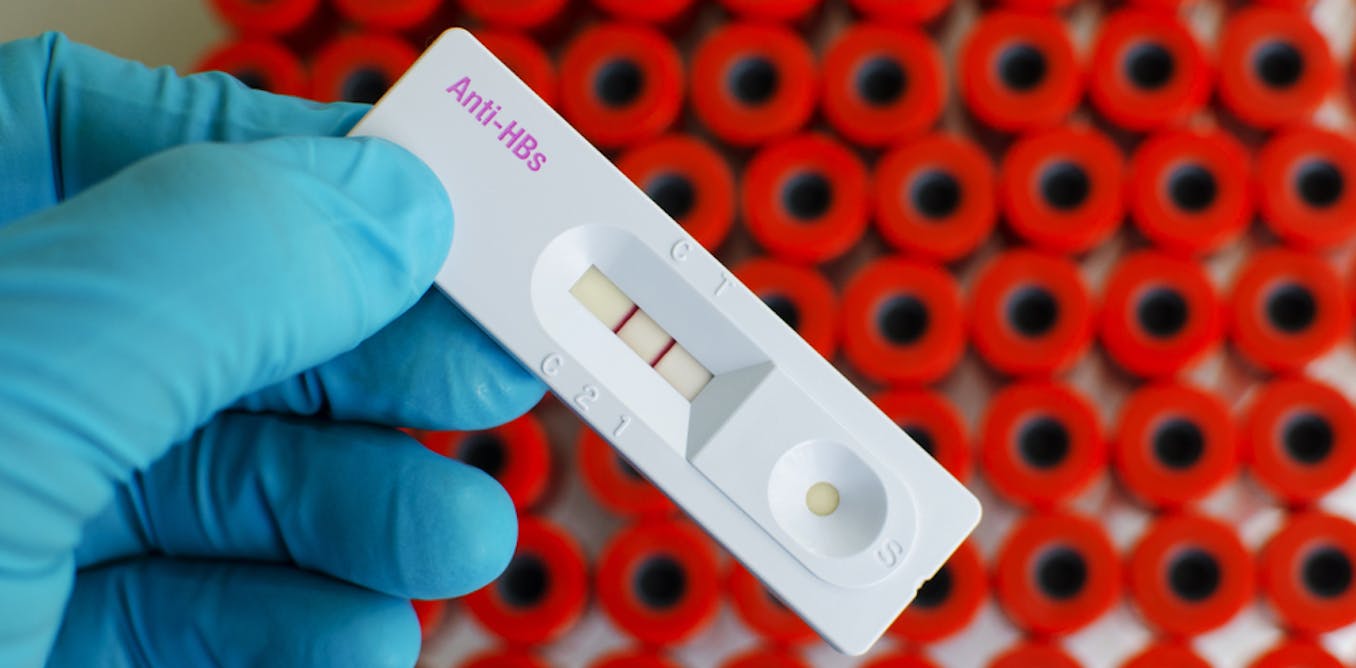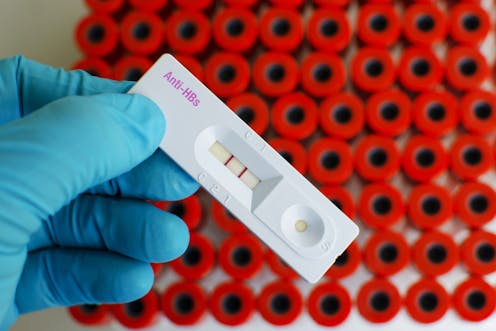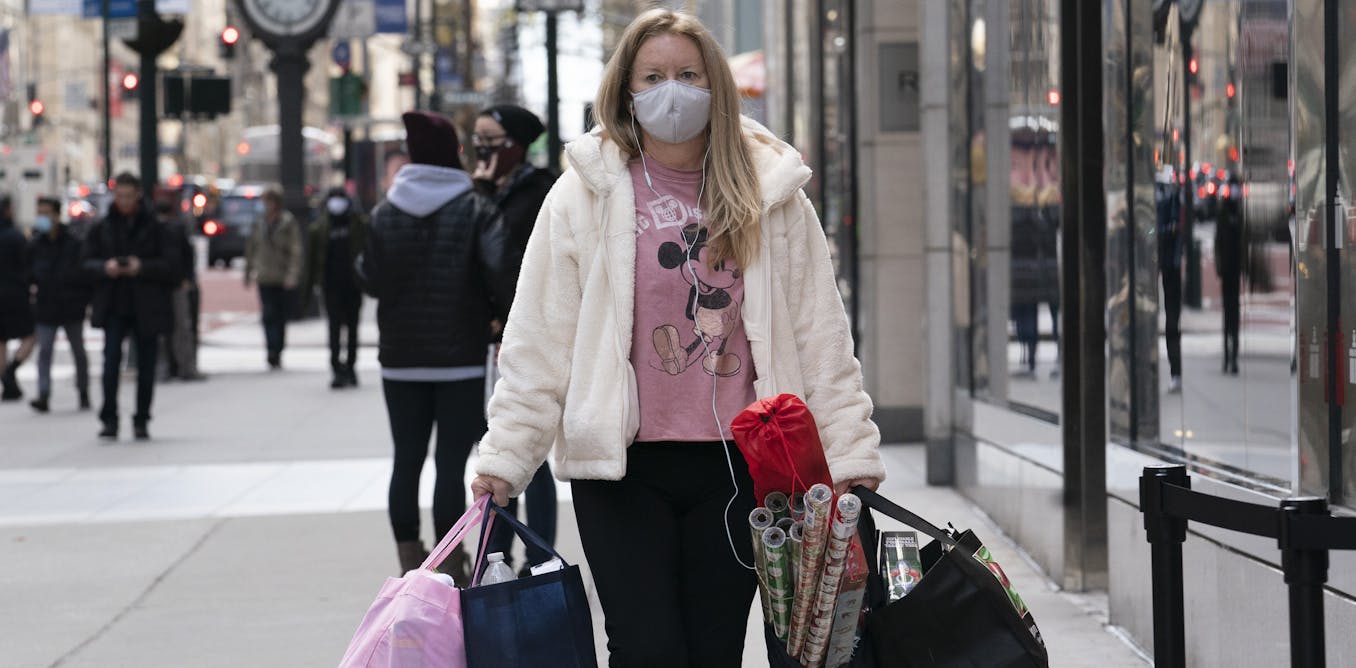Hepatitis B in Nigeria: fresh data to inform prevention and care
HBV cases in Nigeria point to a potential liver disease crisis. Prevention and care efforts are needed.


Hepatitis B is an infectious disease caused by the hepatitis B virus (HBV). Nearly 300 million people worldwide live with this virus, which resulted in an estimated 820,000 preventable deaths in 2019. The virus is most commonly spread from mother to child during birth and through contact with the bodily fluids of an infected person. Infection in infancy and early childhood leads to chronic hepatitis in about 95% of cases.
Patients with chronic HBV infection have an increased risk of progressive liver damage and scarring, liver disease, liver cancer and even death. It can be prevented through vaccination, but there is no cure for it yet. Medications are available to reduce the viral load and slow the progression of liver cancer.
Reliable national data on the number of people infected with HBV are crucial to design public health control measures. Unfortunately, these data for most low- and middle-income countries are either lacking or outdated. This is due to inadequate surveillance of disease patterns, ill-equipped laboratories, and poor healthcare services. This makes it difficult to develop evidence-based policy and decisions for timely action.
The World Health Organisation (WHO) recognises HBV as a leading cause of death worldwide. In 2016, WHO outlined a goal to end viral hepatitis as a public health problem by 2030. Up-to-date national and sub-national data on infection levels in the community is key to measuring progress towards this goal.
In a recent review, we systematically collected data to estimate the levels of HBV infection in Nigeria. This information will be critical for meeting global and national elimination goals.
We found a prevalence of 9.5% – which is nearly 20,083,000 Nigerians. That is a high percentage. Infection rates differed by geographical area. The results point to the size of the potential liver disease crisis in Nigeria and where to focus prevention and care efforts with limited resources.
Our research
We conducted a meta-analysis, consisting of studies published between 2010 and 2019, to determine HBV prevalence. There were 47 studies and a sample size of 21,702 people.
The prevalence rate of 9.5% that emerged from our analysis means that Nigeria meets the WHO’s criteria for high endemicity.
Importantly, we found differences in infection levels across different geo-political zones and settings. Higher rates of HBV infection were found in the North-West geo-political zone (12.1%), compared with the South-East (5.9%). HBV infection rates in rural areas were also much higher (10.7%) than those in the cities (8.2%). Our study could not provide the reasons for this, but it is possible that it may be due to inequities in access to health services, and due to differences between culturally diverse groups.
Cultural beliefs can create barriers to HBV care. For example, in northern Ghana, spiritual poisons, curses and witchcraft have been identified as the main cultural beliefs associated with causing HBV in rural communities.
Also, the allocation of healthcare resources in Nigeria is skewed towards secondary and tertiary services, which are mostly in urban areas.
What does this mean for Nigeria?
HBV infection in Nigeria requires ongoing efforts towards improving identification and testing, and treatment as part of routine care, along with vaccination to prevent new infections.
Despite the existence of a national response to viral hepatitis, less than 5% of people with viral hepatitis B have ever used clinical services. This is particularly important for rural dwellers, who make up a significant community of people with HBV in Nigeria. To improve access to prevention and care for rural populations, the national viral hepatitis plans need to be sensitive to diverse cultural attitudes. This may enhance communication and the likelihood that patients will accept healthcare providers’ recommendations.
Ensuring all Nigerians with hepatitis B are diagnosed early and receive appropriate care is critical to avert a liver disease crisis in Nigeria. Given the limited availability of funds at the global level, hepatitis response plans need to be adequately funded through national health budgets. This will minimise out of pocket costs, and ensure access to relevant services without financial hardship to any patients.
Meeting the 2030 elimination targets
In February 2020, heads of states and governments from African Union member states, including the Nigerian government, pledged to eliminate hepatitis as a public health threat by 2030. Despite the challenges of COVID-19, with renewed political commitments, clearly defined targets, and financial support, Nigeria can prevent hundreds of thousands of unnecessary deaths.
To be on course to the elimination targets, Nigeria must improve access to affordable diagnosis and care for its population. People living with HBV should not have to wait for care until their infection becomes chronic and liver disease reaches an advanced stage. HBV diagnostics need to be affordable and accessible now, so people can be linked to care in a timely manner.
Ensuring high uptake of the vaccine at birth for babies is crucial to prevent new infections. In Nigeria, the current coverage for HBV vaccination is 57% and offers room for improvement. Other measures, such as robust pre-conception screening, and the implementation of “test and treat” interventions at low cost for infected couples, are important to prevent mother-to-child transmission of infection.
Stigma and discrimination are notable barriers that prevent people from accessing health services, which can delay diagnosis and care. Marginalising populations who are vulnerable to HBV, such as people who inject drugs, often leads to their exclusion from testing and clinical care. Hepatitis B elimination will only be possible if we ensure that no one is left behind.![]()
Busayo Ajuwon is supported by funding from RSTMH Grants Programme in partnership with National Institute for Health Research (NIHR). He is affiliated with the Department of Microbiology, Kwara State University, Malete, Nigeria. He is a member of the Nigerian Society for Microbiology and the Data Science Nigeria AI+ Community.
Meru Sheel receives funding from Westpac Scholars Trust.
Katrina Roper does not work for, consult, own shares in or receive funding from any company or organisation that would benefit from this article, and has disclosed no relevant affiliations beyond their academic appointment.
What's Your Reaction?
















































